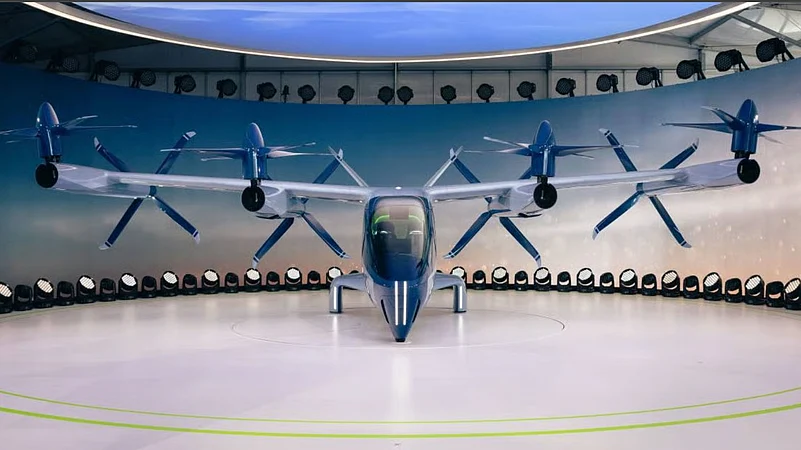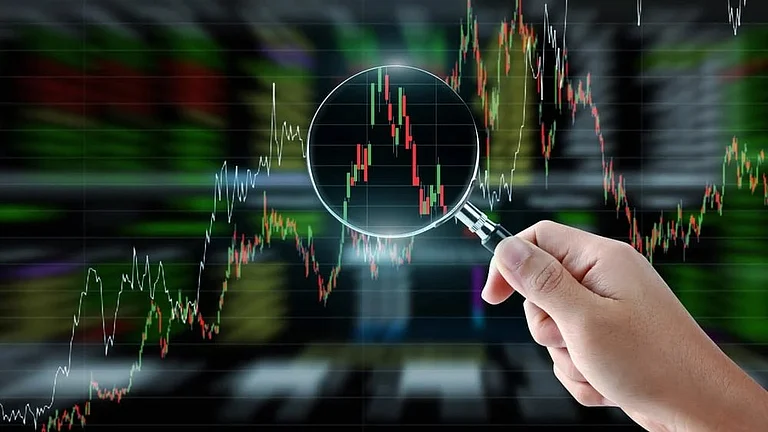
Hyundai-backed Supernal pauses its air-taxi eVTOL programme amid leadership turmoil and uncertainty
CEO Jaiwon Shin and CTO David McBride departed; interim COO now oversees operations
Approximately 5% workforce trimmed; 2028 commercial launch timetable now widely uncertain
Pause highlights eVTOL industry risks: certification, manufacturing scale, costs and investor patience
Hyundai-backed electric air taxi start-up Supernal has paused work on its aircraft programme after senior leadership departures and recent job cuts, TechCrunch reported.
The move, announced after the exit of CEO Jaiwon Shin and chief technology officer David McBride, leaves the firm’s previously announced 2028 target for commercial intra-city service uncertain as newly appointed managers reassess the timetable.
Supernal confirmed the programme pause as interim management steps in to stabilise operations. David Rottblatt, the company’s senior business development director, has taken on oversight of business operations during the transition as interim chief operating officer.
In statements to the press, Supernal said the new leadership will “assess and determine the optimal timeline moving forward” but declined to comment on McBride’s departure.
Programme Status
The start-up, which completed an initial technology-demonstrator test flight earlier this year but had not completed an untethered flight, had been working toward a 2028 commercial launch.
That timeline now faces fresh uncertainty as Supernal re-evaluates technical targets and resource needs following the personnel changes and a round of layoffs that trimmed roughly 5% of its workforce.
Hyundai Group said it plans to appoint new leadership with deep operational experience to guide Supernal into its next phase. The pause comes amid broader readjustments across Hyundai’s innovation portfolio: another group venture, Motional, also underwent heavy restructuring last year after funding and strategic shifts. Supernal was spun out of Hyundai in 2021 as the conglomerate pushed into urban air mobility.
Industry Backdrop
The electric vertical take-off and landing (eVTOL) sector is highly capital- and regulation-intensive, and the recent setbacks at Supernal echo wider upheaval across the field.
While some players, such as Joby, continue to pursue aggressive testing and partnerships, others have faltered or folded. Analysts note that proving aircraft performance, obtaining certification and scaling manufacturing and infrastructure remain major hurdles that can stretch timetables and raise costs.
Company materials show Supernal had forged partnerships with private jet and helicopter operators to develop air-taxi infrastructure and had relocated its global headquarters from Washington, DC, to Irvine, California. But with the demonstrator programme temporarily paused, the firm must resolve leadership continuity, define engineering milestones, secure regulatory clearances and shore up finances to keep a 2028 commercial start feasible.
Supernal’s troubles highlight the fragility of the nascent urban air mobility market: investor patience, regulatory approvals and reliable technical progress are all needed to turn ambitious concepts into everyday services.
For Hyundai, the pause is a test of whether a major industrial conglomerate can sustain long-term bets in an industry where a single misstep or missed deadline can reset expectations.

































